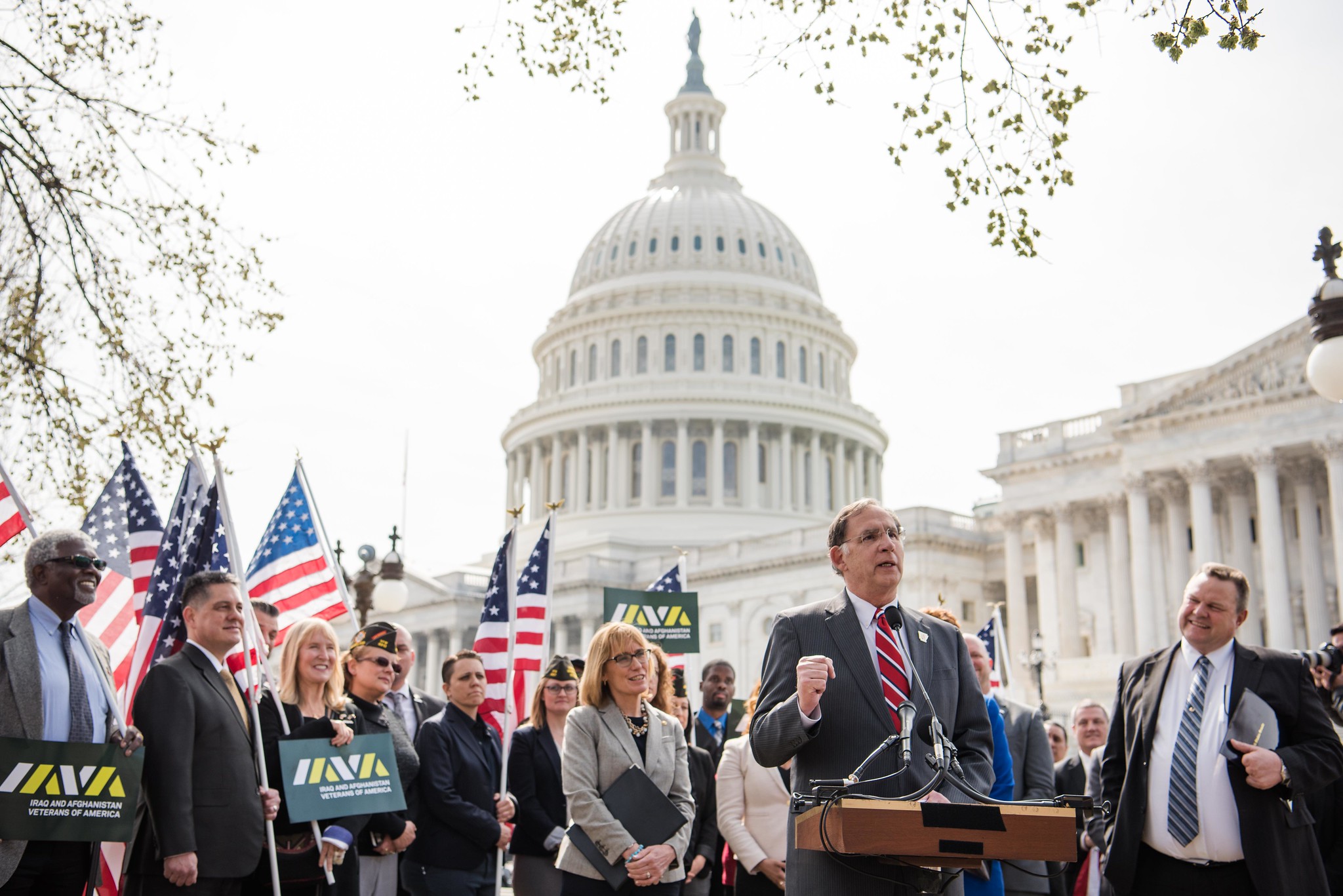IAVA | May 26, 2014
Read: The VA has Plenty of Money, Just Bad Leadership

As politicians, pundits and the American people are focused on the escalating national crisis at the Department of Veterans Affairs, one excuse for the VA’s woes keeps surfacing.
The VA, some say, needs more money to do its job and care for veterans properly. But looking at the facts, that math just does not add up.
Since 2009, Congress has given Secretary Eric Shinseki every penny he has said he needed to fund the VA fully, resulting in an astonishing 50% increase in the agency’s overall budget at a time when budgets everywhere else across the federal government have been squeezed, strained and slashed. Congress even exempted the VA from sequestration, a win that not even the Pentagon managed to score while still engaged in a war overseas.
Congress also agreed to take the extraordinary step of giving the VA the annual funding it needs to cover veterans’ health care a year in advance so that the agency’s hospitals and clinics never run out of money. It is the reason the VA’s health care system continued to operate without interruption during last fall’s government shutdown, even as parks, federal buildings and congressional offices were forced to close or curtail operations for weeks.
A bipartisan coalition of lawmakers in both the House and the Senate, with the strong support of virtually all veteran and military service organizations, has pushed for years to give the VA the rest of its budget a year in advance, too, but the secretary and the Obama administration thus far have refused to endorse publicly the wisdom of protecting the entire VA budget with an advance appropriation.
Our gut reaction to contemporary social and bureaucratic challenges may be to throw more money at the problem or to blame Congress, but this is one situation in which such simple excuses fall far short. A lack of resources within the VA is not to blame for the failures of that department, and even if it were, the responsibility for that underfunding would lay solely at the feet of the secretary due to his inadequate budget requests, not with Congress.
Far from being underfunded, the VA is facing woes that are clearly due to a failure of planning and leadership. The VA knew or should have known that demand for its services would swell as more troops survived the wars with more severe and chronic injuries, especially mental injuries. And with troop surges and drawdowns debated and planned well in advance, corresponding future demands on the VA system could — and should — have been anticipated.
Since reports first emerged of veteran deaths during long waits and alleged mismanagement in Phoenix, there continues to be a profound and worrisome lack of thoughtful and proactive leadership coming out of the VA. Instead, the VA has been addressing problems in a predictable manner, first denying their existence, then downplaying the scale, then hunkering down in crisis mode and finally — and belatedly — coming forward with a tepid and weak public response.
The passive, insular and arms-length management style has proven ill-suited for staying ahead of the pervasive problems of the nation’s second-largest bureaucracy. But more importantly, the fear is that such detached leadership from the top may have caused the VA’s bureaucratic and administrative pathologies to metastasize.
Our nation made a promise to the men and women who served this nation. Tragically, the VA is falling short of this fulfilling this promise. This time, however, we cannot simply spend our way out of accountability and responsibility.





